A contribution on priestly celibacy, in filial obedience to the Pope
Last updated: Thu 31 Mar 2022 PM
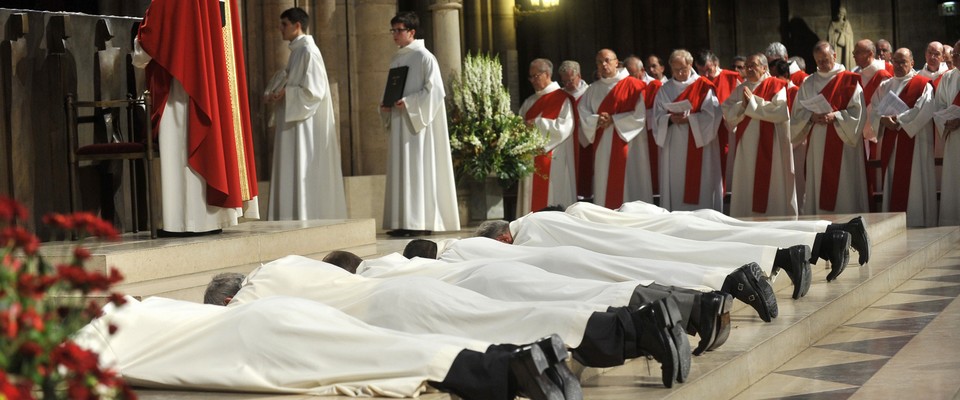
Pope Emeritus and the Cardinal Prefect of the Congregation for Divine Worship and the Discipline of the Sacraments address in a book a theme on which Pope Francis has often spoken.
A book on the priesthood signed by Pope Emeritus Joseph Ratzinger and Cardinal Robert Sarah, Prefect of the Congregation for Divine Worship, will be published in France on January 15. One learns from the excerpts provided by Le Figaro that the authors enter into the debate on celibacy and the possibility of ordaining married priests. Pope Emeritus and Cardinal Sarah - who present themselves as two bishops in "filial obedience to Pope Francis" who "seek the truth" in a "spirit of love for the unity of the Church" - defend the discipline of celibacy and put forward reasons which, according to them, advise against changing it. The question of celibacy occupies 175 pages of the volume, with two texts, one by the Pope Emeritus and the other by the Cardinal, as well as an introduction and a conclusion signed by both.
Cardinal Sarah, in her text, recalls that there is "an ontological and sacramental link between priesthood and celibacy. Any weakening of this link would call into question the Magisterium of the Council and of Popes Paul VI, John Paul II and Benedict XVI. I pray to Pope Francis to protect us definitively from such an eventuality by vetoing any weakening of the law of priestly celibacy, even if limited to one or the other region". Once again, the Prefect of the Congregation for Divine Worship goes so far as to denounce "a pastoral catastrophe, an ecclesiological confusion and an obscuring of the understanding of the priesthood" in the possible possibility of ordaining married men.
Benedict XVI, in his brief contribution reflecting on the subject, goes back to the Jewish roots of Christianity, affirming that priesthood and celibacy have been united since the beginning of God's "new covenant" with humanity, established by Jesus. And he recalls that already "in the ancient Church", that is, in the first millennium, "married men could only receive the sacrament of Holy Orders if they committed themselves to sexual abstinence".
Priestly celibacy is not and never has been a dogma. It is an ecclesiastical discipline of the Latin Church that represents a precious gift, as defined by all the last Pontiffs. The Eastern Rite Catholic Church foresees the possibility of ordaining married men as priests and exceptions have also been admitted for the Latin Church, precisely by Benedict XVI in the Apostolic Constitution Anglicanorum coetibus dedicated to Anglicans who request communion with the Catholic Church, where it is foreseen "to admit married men to the Holy Orders of the presbyterate on a case-by-case basis, according to objective criteria approved by the Holy See".
It should also be remembered that Pope Francis has spoken on this subject on several occasions; he, who was still a Cardinal, in the conversation of the book with Rabbi Abraham Skorka, explained that he was in favour of maintaining celibacy "with all the advantages and disadvantages that this entails, because these are ten centuries of positive experiences rather than errors. Tradition has weight and validity".
Last January, in a dialogue with journalists on the return flight from Panama, the Pope recalled that in the Eastern Catholic Church, the option of celibacy or marriage was possible before the diaconate, but he added, with regard to the Latin Church: "This phrase of Saint Paul VI comes to mind: 'I prefer to give my life before changing the law of celibacy. It came to my mind and I want to say it, because it is a courageous sentence, at a more difficult time than this one, 1968/1970.... Personally, I think that celibacy is a gift for the Church... I do not agree with allowing optional celibacy, no".
In his reply, he also spoke of the discussion among theologians about the possibility of granting exemptions for certain remote areas, such as the Pacific Islands, but he said that "there is no decision on my part. My decision is: optional celibacy before the diaconate, no." He said, "There is no decision on my part. It is my personal decision, I will not do it, that remains clear. I'm a "closed" person? Maybe you are. But I don't want to put myself before God with this decision."
In October 2019, the Amazon Synod was celebrated and the theme debated. As can be seen in the final document, some bishops asked for the possibility of ordaining permanent married deacons as priests. It is striking, however, that on 26 October, in his closing address, the Pope, after having followed all the stages of the speeches and discussion in the hall, did not in any way mention the topic of the ordination of married men, not even in passing. Instead, he recalled the four dimensions of the Synod: the dimension of inculturation, the ecological dimension, the social dimension and the pastoral dimension, which "includes them all.
In the same speech, the Supreme Pontiff spoke of creativity in the new ministries and the role of women, and referring to the scarcity of clergy in some mission areas, he recalled that many priests from a Latin American country are sent to the United States and Europe to serve the local Churches, but in return, on the part of those countries of the North, "there are none to send them to the Amazonian zone of that same country".
Finally, it is significant that Francis, in thanking the media, asked them on the same occasion, in disseminating the final document, to focus especially on the diagnoses, "which are the part in which the Synod really expressed itself best": the cultural diagnosis, the social diagnosis, the pastoral diagnosis and the ecological diagnosis. This point was also underlined by the Director of the Holy See Press Office, Matteo Bruni, in his statement made in response to questions from journalists on the subject. The Pope then invited them not to fall into the danger of lingering "on what they decided in this disciplinary matter, on what they decided in the other, on which party won and which lost".
Andrea Tornielli
Source: Vatican News
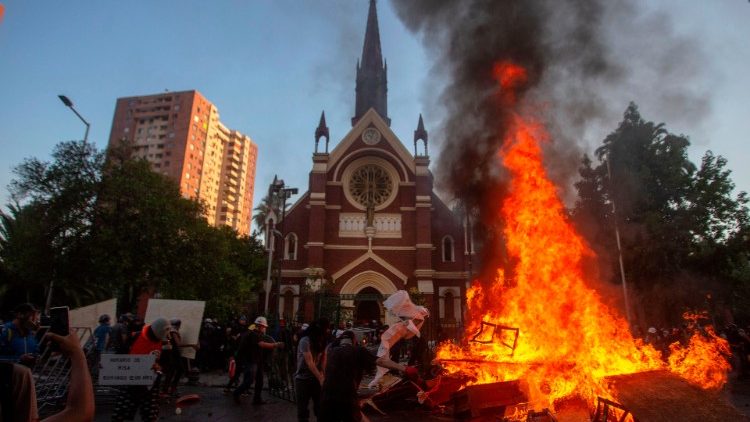
Church burned down in Chile: "They burned the temple but they did not burn the faith"

In France, more than 1,000 anti-Christian facts in 2019
Most viewed:
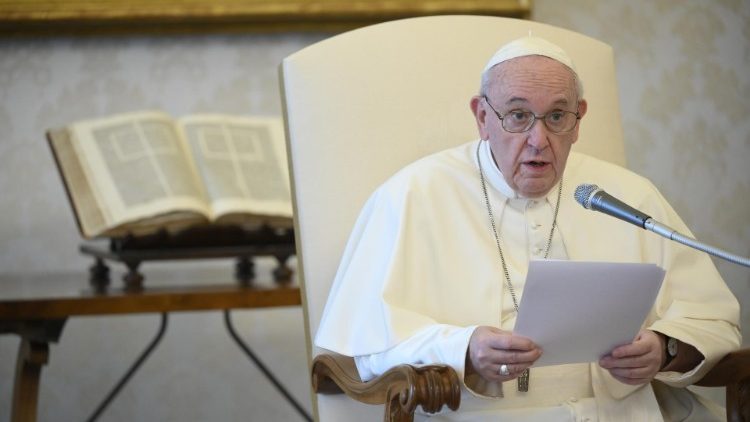
Pray is to make one's heart available for God's visit
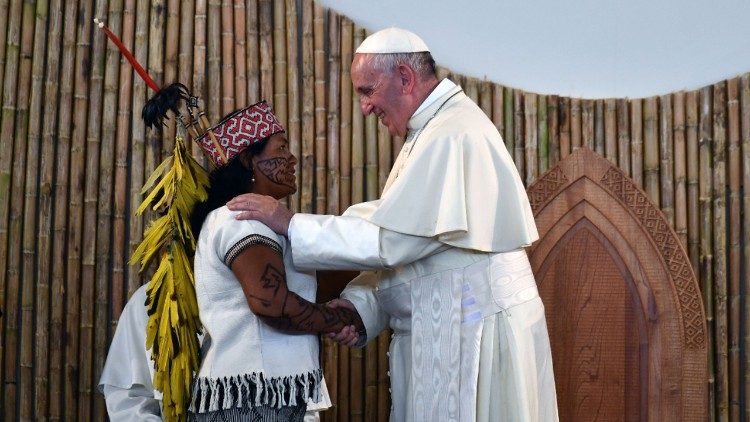
Querida Amazonia, the Pope's Exhortation for a Church with an Amazonian Face
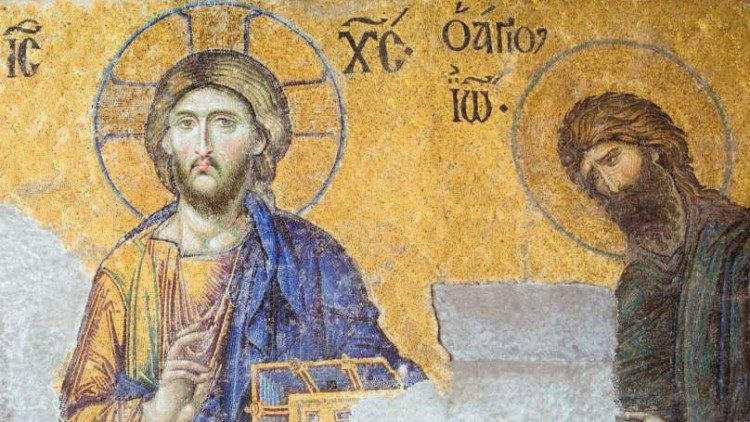
Spiritual Exercises: Listening to God is a Prophetic Experience
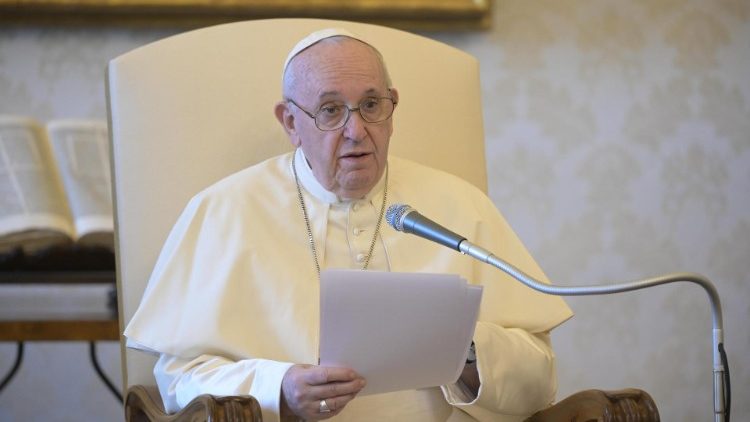
Pope at Audience: Recognize human dignity in every person
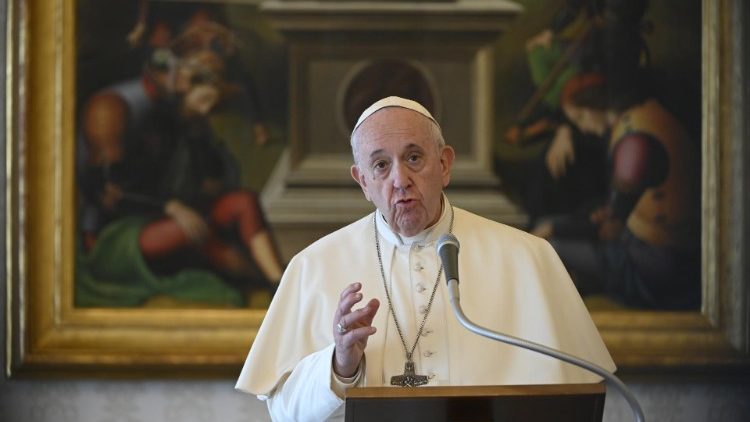
Pope proposes two prayer initiatives against coronavirus
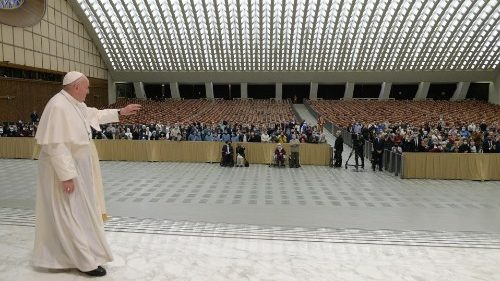
Pope Francis prays for victims of Cameroon school shooting
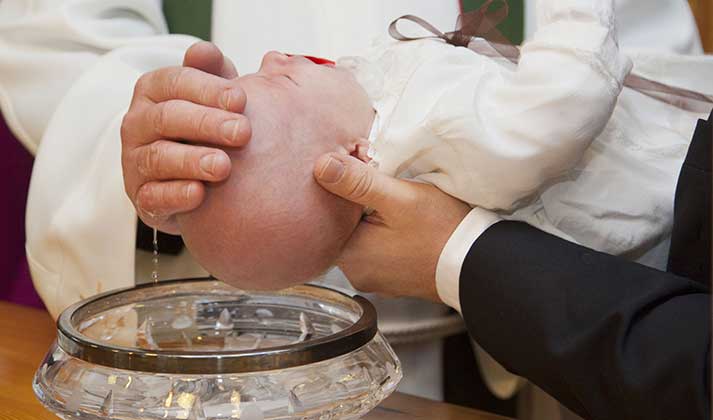
Baptism conferred with arbitrarily modified formulas is not valid
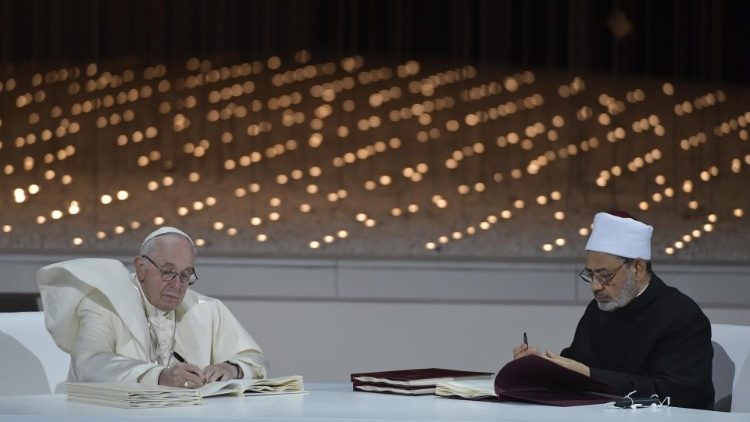
A year ago, the signing of the document on human brotherhood
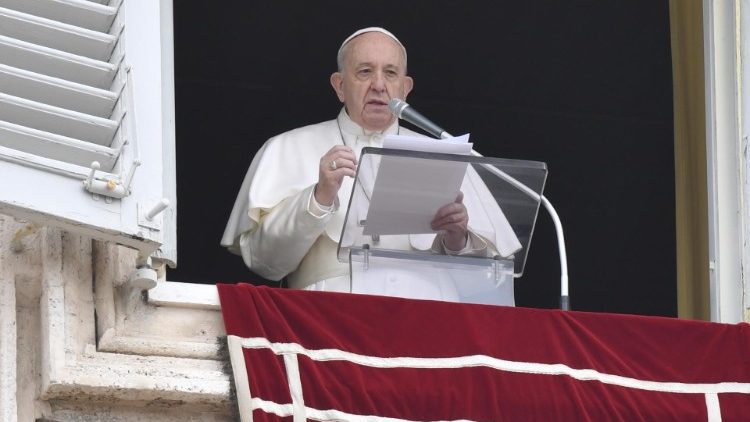
Never dialogue with temptation
